Laureate of the Jiří Theiner Award 2018
David Short
Great Britain

David Short has contributed greatly to the promotion of Czech literature and language during the past 50 years particularly as a teacher, linguistic researcher and translator. He taught Czech and Slovak at the School of Slavonic and East European Studies, University College London, from 1973 to 2011. Books produced during that period were Czechoslovakia (1986, a bibliography); Teach Yourself Czech (1993 and 2003, latest editions under the title Complete Czech); Customs and Etiquette in the Czech Republic (1996, and translated, ditto, into French and Dutch); Essays in Czech and Slovak Language and Literature (1996), and, as contributing editor, Bohumil Hrabal (1914–97): Papers from a Symposium (2004). He wrote widely on Czech language and literature, less so on Slovak, but throughout his career he was also a sporadic translator. Since his retirement the latter activity has taken over his life. His published translations have been both academic and literary, among the latter (whole, or extracts from) works by such Czech classics as Karel Čapek, Jaroslav Durych, František Gellner, Jaroslav Hašek, Bohumil Hrabal, Vítězslav Nezval, Gabriela Preissová, and Jaroslav Seifert, and by other established modern writers whose eventual rise to the status of classics remains to be seen such people as Hana Andronikova, Antonín Bajaja, Daniela Hodrová, Karel Michal, Jáchym Topol, and Michal Viewegh. In 2004, he was awarded the Czech Minister of Culture’s Artis Bohemiae Amicis medal. He has also contributed to the dissemination of Slovak culture, for which he has been awarded the Comenius Gold Medal.
Laureate of the Jiří Theiner Award 2017
Edgar de Bruin
Netherlands *1958
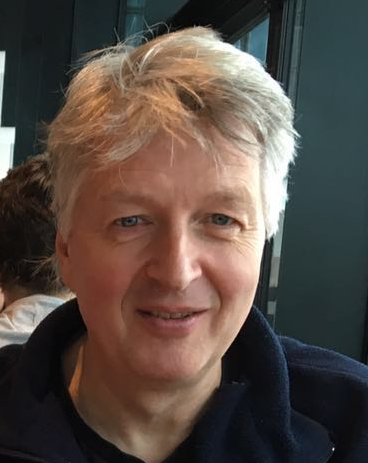 Edgar de Bruin graduated in Czech Language and Literature from the University of Amsterdam. He is a translator and literary agent. He has translated almost fifty books into Dutch, plus some short stories, drama and poetry. In the Dutch language area, which comprises Flanders (Belgium) as well as the Netherlands, he has introduced authors such as Petra Hůlová, Jáchym Topol, Patrik Ouředník, Marek Šindelka and Markéta Pilátová. For Voetnoot publishers, he manages the Moldaviet [Moldavite] series, the focus of which is short Czech fiction (classic and contemporary). He is an erstwhile teacher of literary translation from the Czech at the Vertalersvakschool in Amsterdam. In 2007, he was awarded the Aleida Schot Prize (for translation from Slavonic literature) for Spoelen met teerzeep, his translation of Jáchym Topol’s novel Kloktat dehet [Gargling with Tar]. In 2008, the Society of Czech Writers awarded him the Premia Bohemica Prize for dissemination of Czech literature abroad. As an “ambassador for Czech literature” in the Netherlands, Edgar de Bruin received Letterenfonds Vertaalprijs (the translation prize of the Dutch Foundation for Literature) in 2015. In 2003, Edgar de Bruin and his wife Magda de Bruin Hüblová established the Pluh literary agency, which represents over a dozen Czech authors and arranges their publishing rights abroad. Since its founding, the agency has provided for the publication of several hundred Czech books, in countries all over the world.
Edgar de Bruin graduated in Czech Language and Literature from the University of Amsterdam. He is a translator and literary agent. He has translated almost fifty books into Dutch, plus some short stories, drama and poetry. In the Dutch language area, which comprises Flanders (Belgium) as well as the Netherlands, he has introduced authors such as Petra Hůlová, Jáchym Topol, Patrik Ouředník, Marek Šindelka and Markéta Pilátová. For Voetnoot publishers, he manages the Moldaviet [Moldavite] series, the focus of which is short Czech fiction (classic and contemporary). He is an erstwhile teacher of literary translation from the Czech at the Vertalersvakschool in Amsterdam. In 2007, he was awarded the Aleida Schot Prize (for translation from Slavonic literature) for Spoelen met teerzeep, his translation of Jáchym Topol’s novel Kloktat dehet [Gargling with Tar]. In 2008, the Society of Czech Writers awarded him the Premia Bohemica Prize for dissemination of Czech literature abroad. As an “ambassador for Czech literature” in the Netherlands, Edgar de Bruin received Letterenfonds Vertaalprijs (the translation prize of the Dutch Foundation for Literature) in 2015. In 2003, Edgar de Bruin and his wife Magda de Bruin Hüblová established the Pluh literary agency, which represents over a dozen Czech authors and arranges their publishing rights abroad. Since its founding, the agency has provided for the publication of several hundred Czech books, in countries all over the world.
Laureate of the Jiří Theiner Award 2016
Markéta Goetz-Stankiewicz
1927, Canada
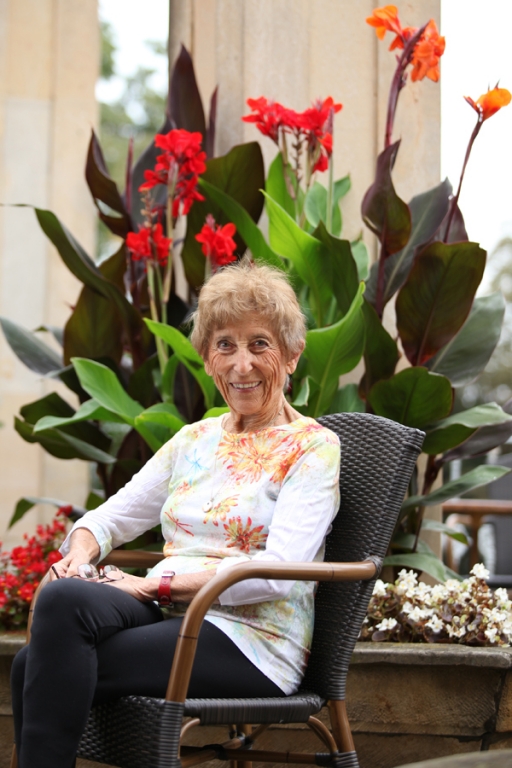 Literary and theatre historian and critic, editor, translator, professor emeritus of German and Comparative Literature at the University of British Columbia,Vancouver.
Literary and theatre historian and critic, editor, translator, professor emeritus of German and Comparative Literature at the University of British Columbia,Vancouver.
Markéta Goetz-Stankiewicz comes from Místek, the child of a “mixed marriage”. Her Jewish father spent many months in Theresienstadt in 1944–1945. In 1948 Markéta and her parents left for Canada (legally – having been in a concentration camp, her father was granted a passport). She won a scholarship at the University of Toronto (where she received an MA in 1955 and a Ph.D. in 1957) and became a professor of German and Comparative Literature at the University of British Columbia in Vancouver; her publications include works on contemporary Czech, German and Polish literature. She married the Polish philosopher and political scientist W. J. Stankiewicz, who had served in the British Liberation Army during the Second World War. Between 1975 and 1989 she returned to Czechoslovakia every year. A brave facilitator of contacts between banned writers and their friends in the West, she also prepared works by banned writers for publication abroad, as well as writing about and translating them. She worked with the Touchstone Theater Company in Vancouver as a dramaturge and advisor on Czech plays. In 1988, in a ceremony conducted in secret in the flat of Ivan Klíma, Markéta Goetz-Stankiewicz received Ordo libri bohemici [the Order of the Czech Book] from Czech dissident writers; the award – in the form of a large metal lock, a reference to the Petlice series she had helped found – was conferred by Ludvík Vaculík.
Her essays on Czech writers and dramatists have appeared in books including The Silenced Theatre: Czech playwrights without a stage (Toronto: University of Toronto Press 1979); this volume includes discussions of works by Václav Havel, Pavel Kohout, Ivan Klíma, Josef Topol and Ladislav Smoček, among others. She is editor of The Vaněk Plays: four authors, one character (Vancouver: University of British Columbia Press 1987), Good-bye, Samizdat: twenty years of Czechoslovak underground writing (Evanston: Northwestern University Press 1992) and (with Philippe Carey) Critical Essays on Vaclav Havel (New York: G. K. Hall 1999). In 1993 Literature and Politics in Central Europe: Studies in Honour of Marketa Goetz-Stankiewicz was published (eds. Leslie Miller, Klaus Petersen, Peter Stenberg. Columbia: Camden House 1993). The volume includes contributions by Ivan M. Havel, Zdeněk Neubauer, Ivan Klíma, Vilém Prečan, Jiřina Šiklová and Josef Škvorecký, among others. Markéta Goetz-Stankiewicz is currently working with Paul Wilson on a book entitled Havel on Theatre. Every year she still comes to the Czech Republic (in 2014 she contributed a paper on Translation problems and encountering Havel’s plays in other contexts to the international conference Havel on Stage), where she visits friends, writers and publishers and is always ready to help and make arrangements on the other side of the pond, just as in the old days…
Markéta Goetz-Stankiewicz is a talented, brave, remarkable lady who has contributed to the promotion and dissemination of Czech literature over many decades, with great energy and love.
Laureate of the Jiří Theiner Award 2015
Siarhei Smatrychenka
1977, Belarus
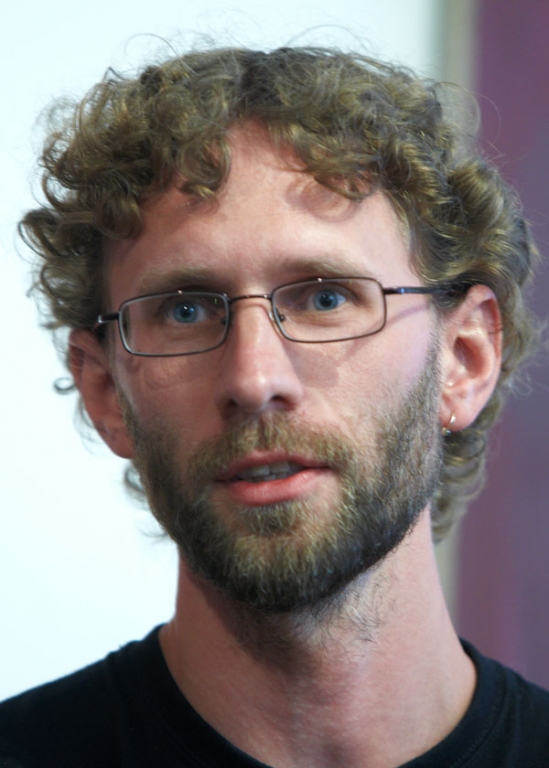 Born in 1977 in Vitebsk in Belarus, Siarhei Smatrychenka grew up in Minsk. In 1994 he completed his studies at the prestigious Belarusian Humanities Lyceum. For the next five years he studied Belarusian Philology at university in Minsk, with Czech as a separate subject (the discipline of Czech Studies was founded at the University of Minsk only in 1996). On graduating from university in 1999 he remained in Minsk to teach Czech (and, later, Slovak), translation and other subjects of Slavonic studies, which he continued to do until 2010, excepting two years spent working at university in Vienna. Since his student years he has worked with leading Belarusian magazines and newspapers, initially as a proofreader, later as an editor and translator. In 2005 he founded the ‘Czech Collection’ series for the Lohvinau publishing house, which he continues to edit; so far works by ten Czech authors have appeared in this series. Belarus’s only prize for translators, which Smatrychenka has won for his translations of the poems of Václav Hrabě, is another of his initiatives.
Born in 1977 in Vitebsk in Belarus, Siarhei Smatrychenka grew up in Minsk. In 1994 he completed his studies at the prestigious Belarusian Humanities Lyceum. For the next five years he studied Belarusian Philology at university in Minsk, with Czech as a separate subject (the discipline of Czech Studies was founded at the University of Minsk only in 1996). On graduating from university in 1999 he remained in Minsk to teach Czech (and, later, Slovak), translation and other subjects of Slavonic studies, which he continued to do until 2010, excepting two years spent working at university in Vienna. Since his student years he has worked with leading Belarusian magazines and newspapers, initially as a proofreader, later as an editor and translator. In 2005 he founded the ‘Czech Collection’ series for the Lohvinau publishing house, which he continues to edit; so far works by ten Czech authors have appeared in this series. Belarus’s only prize for translators, which Smatrychenka has won for his translations of the poems of Václav Hrabě, is another of his initiatives.
Fiction and essays by the following authors have appeared in Smatrychenka’s translation: Jáchym Topol, Václav Havel, Bohumil Hrabal, Michal Viewegh, Václav Černý, Josef Škvorecký, Jiří Kratochvil, Eva Kantůrková, Jan Pelc, Petr Šabach, Miloš Urban, Petra Dvořáková, Markéta Pilátová. He has translated plays by Václav Havel and Jáchym Topol, poems by Václav Hrabě, František Halas, Karek Šiktanc, Radek Fridrich, Radek Malý, Marie Šťastná and Natálie Paterová, and children’s books by Miloš Macourek, Ondřej Sekora, Karel Čapek and Iva Procházková. Since 2011 Siarhei Smatrychenka has lived in Brno, where he teaches Czech for Foreigners and coordinates, at a distance, the publication in Minsk of Belarusian translations of works by Czech and other foreign authors. He remains active as a translator and editor.
Laureate of the Jiří Theiner Award 2014
Peter Demetz
1922, USA
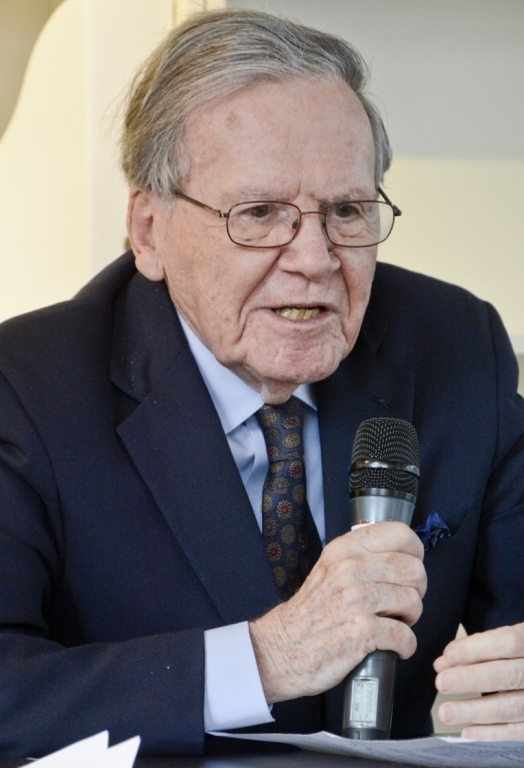 Peter Demetz is a German scholar of world renown, translator, writer, essayist, and professor emeritus at the prestigious Yale University in New Haven. As well as being the author of important works on German literature of different centuries, he is an expert on Czech history and culture and translator of The Grandmother by Božena Nemcová and the poems of Halas and Orten. He was born in Prague in 1922, to a Czech-German family. His father was a director and dramaturge at the German Theatre in Prague, an environment in which from an early age Peter Demetz met many Prague German intellectuals. Having graduated from Charles University in Comparative Religion, German and Czech, he was awarded a doctorate in 1948. One year later he left the republic in dramatic circumstances for Germany, where he worked briefly for the Culture Department of Radio Free Europe as a colleague of Pavel Tigrid’s. He then continued his studies in German and Comparative Literature at universities in Switzerland, England and the USA. He has lived in the USA since 1953.
Peter Demetz is a German scholar of world renown, translator, writer, essayist, and professor emeritus at the prestigious Yale University in New Haven. As well as being the author of important works on German literature of different centuries, he is an expert on Czech history and culture and translator of The Grandmother by Božena Nemcová and the poems of Halas and Orten. He was born in Prague in 1922, to a Czech-German family. His father was a director and dramaturge at the German Theatre in Prague, an environment in which from an early age Peter Demetz met many Prague German intellectuals. Having graduated from Charles University in Comparative Religion, German and Czech, he was awarded a doctorate in 1948. One year later he left the republic in dramatic circumstances for Germany, where he worked briefly for the Culture Department of Radio Free Europe as a colleague of Pavel Tigrid’s. He then continued his studies in German and Comparative Literature at universities in Switzerland, England and the USA. He has lived in the USA since 1953.
In recent years the following works by Peter Demetz have appeared in Czech: T. G. Masaryk, Polemiky a eseje (TG Masaryk: Polemics and Essays, Austrian Cultural Forum, 1995), České slunce, moravský měsíc: eseje a vzpomínky (Bohemian Sun, Moravian Moon: Essays and Memoirs, Tilia, 1997), René: pražská léta Rainera Marii Rilka (René: The Prague Years of Rainer Maria Rilke, Aula, 1998), 1909: aeroplány nad Bresciou (1909: Aeroplanes over Brescia, Prostor, 2003), Dějiště: Čechy (It Happened in Bohemia, Paseka, 2008), Praha ohrožená 1939–1945 (Prague in Danger: 1939–45, Mladá fronta, 2010), Praha černá i zlatá (Prague in Black and Gold, Prostor, 2012).
Laureate of the Jiří Theiner Award 2013
Paul Wilson
1941, Canada
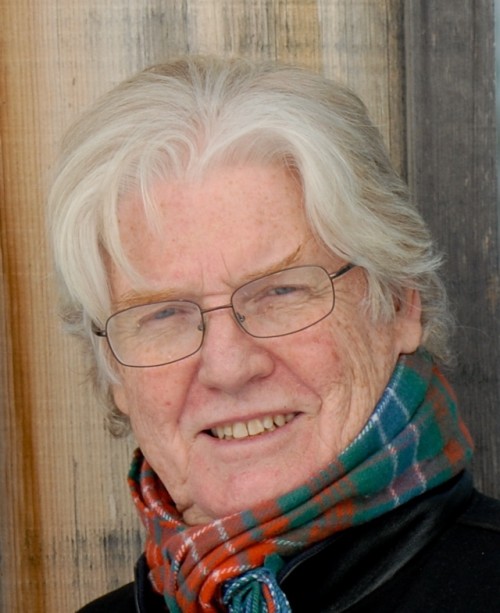 Paul Wilson is translator, editor, radio producer and writer who lived in Czechoslovakia from 1967 to 1977, where he learned Czech and was a member of the underground group the Plastic People of the Universe. After his expulsion from Czechoslovakia, he co-founded the record company “Boží Mlýn”, and ¬released albums by the Plastic People and other Czech underground musicians. He has translated over thirty books of Czech literature into English, ¬including major works by Václav Havel, Josef Škvorecký,Ivan Klíma and Bohumil Hrabal. A collection of his essays and articles on Czech themes, (Bohemian Rhapsodies), was published in Prague in 2012 by Torst. He is currently working on a translation of Bohumil Hrabal’s early stories, and collaborating on an anthology of Havel’s writing on theatre.
Paul Wilson is translator, editor, radio producer and writer who lived in Czechoslovakia from 1967 to 1977, where he learned Czech and was a member of the underground group the Plastic People of the Universe. After his expulsion from Czechoslovakia, he co-founded the record company “Boží Mlýn”, and ¬released albums by the Plastic People and other Czech underground musicians. He has translated over thirty books of Czech literature into English, ¬including major works by Václav Havel, Josef Škvorecký,Ivan Klíma and Bohumil Hrabal. A collection of his essays and articles on Czech themes, (Bohemian Rhapsodies), was published in Prague in 2012 by Torst. He is currently working on a translation of Bohumil Hrabal’s early stories, and collaborating on an anthology of Havel’s writing on theatre.
Laureate of the Jiří Theiner Award 2012
Ruth Bondyová
1923, Prague - 2017 Ramat Gan Israel
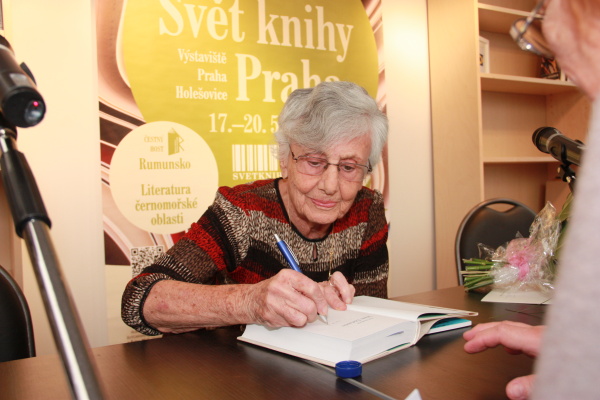 Ruth Bondy was born to a family of Prague Jews in 1923. In July 1942 she was transported to Theresienstadt, in December 1943 to Auschwitz, and from there to Germany; she went free at last from Bergen-Belsen. After her return to Prague she worked as a translator. In 1948 she moved to Israel, where she worked for more than thirty years as a journalist (principally for the leading Hebrew daily Davar). Between 1985 and 1994 she taught Journalism at Tel Aviv University. She has translated into Hebrew works by many Czech authors (e.g., Hašek, Kundera, Hrabal, Havel, Weil) and is the author of several monographs and books of essays and feuilletons. Ruth Bondy has also published an important work on the fate of Czech Jews in the Holocaust. She has long studied the history of the Theresienstadt ghetto. Her monograph on Jakob Edelstein has been published in Czech, as have More By Luck Than Reason (a memoir), Small Comforts, Said between You and Me (about the speech of Jews in Bohemia and Moravia), Family Inheritance (about the names of Jews in Bohemia and Moravia), God’s Feast (about what Jews in Bohemia and Moravia. Ruth Bondy died November 14, 2017.
Ruth Bondy was born to a family of Prague Jews in 1923. In July 1942 she was transported to Theresienstadt, in December 1943 to Auschwitz, and from there to Germany; she went free at last from Bergen-Belsen. After her return to Prague she worked as a translator. In 1948 she moved to Israel, where she worked for more than thirty years as a journalist (principally for the leading Hebrew daily Davar). Between 1985 and 1994 she taught Journalism at Tel Aviv University. She has translated into Hebrew works by many Czech authors (e.g., Hašek, Kundera, Hrabal, Havel, Weil) and is the author of several monographs and books of essays and feuilletons. Ruth Bondy has also published an important work on the fate of Czech Jews in the Holocaust. She has long studied the history of the Theresienstadt ghetto. Her monograph on Jakob Edelstein has been published in Czech, as have More By Luck Than Reason (a memoir), Small Comforts, Said between You and Me (about the speech of Jews in Bohemia and Moravia), Family Inheritance (about the names of Jews in Bohemia and Moravia), God’s Feast (about what Jews in Bohemia and Moravia. Ruth Bondy died November 14, 2017.
Laureate of the Jiří Theiner Award 2011
Andrzej Sławomir Jagodziński
1954, Włocławek
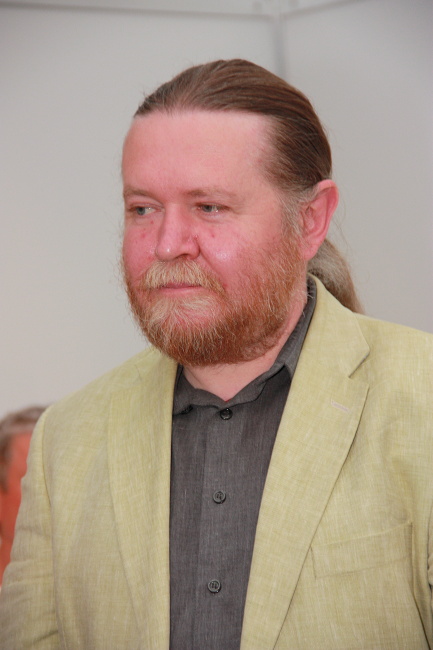
From 1976 Andrzej Jagodziński was associated with the democratic opposition in Poland and Czechoslovakia; his roles included acting as intermediary in the early days of contacts between the Committee for Social Self-Defence (Worker’s Defence Committee) and Charter 77. In the years 1977–89 he worked with Polish independent periodicals and non-legal publishing houses and in the 1980s with the Czechoslovak emigré magazines Svědectví (Paris), Rozmluvy (London) and Obrys (Munich). From 1984 to 1989 he was an editor on the independent literary magazine Wezwanie. His works of journalism, interviews and literary translations were printed in the independent press, in organs including the periodicals Zapis, Puls, Biuletyn Informacyjny, Przegląd Humanistyczny, Tygodnik Wojenny, Tygodnik Mazowsze, Tygodnik Małopolskiego, Obecność, Obóz and Wezwanie.
His book translations of Czech literature (including works by Havel, Kundera, Škvorecký, Hrabal and Kohout) were published by independent imprints, eg., NOWA, Przedświt and Krąg; after 1989 they have been issued by publishing houses including Świat Literacki, Pogranicze, PIW, Czarne, Atut and Znak. Jagodziński is the author of Vyhnanci [Exiles], a book of interviews with Czech emigré writers. In 1988 he received Nagroda Kulturalna Solidarności [the Solidarity Prize for a Contribution to the Arts]. He is also the editor of Sokratův stín / Sokratov tieň (Brno/Bratislava 1998) – a collection of the journalism and essays of Adam Michnik – and co-editor (with Antoni Pawlak) of a second collection of writings by the same author entitled Zlosť a hanba / Harag és szégyen (Bratislava/Budapest 2006).




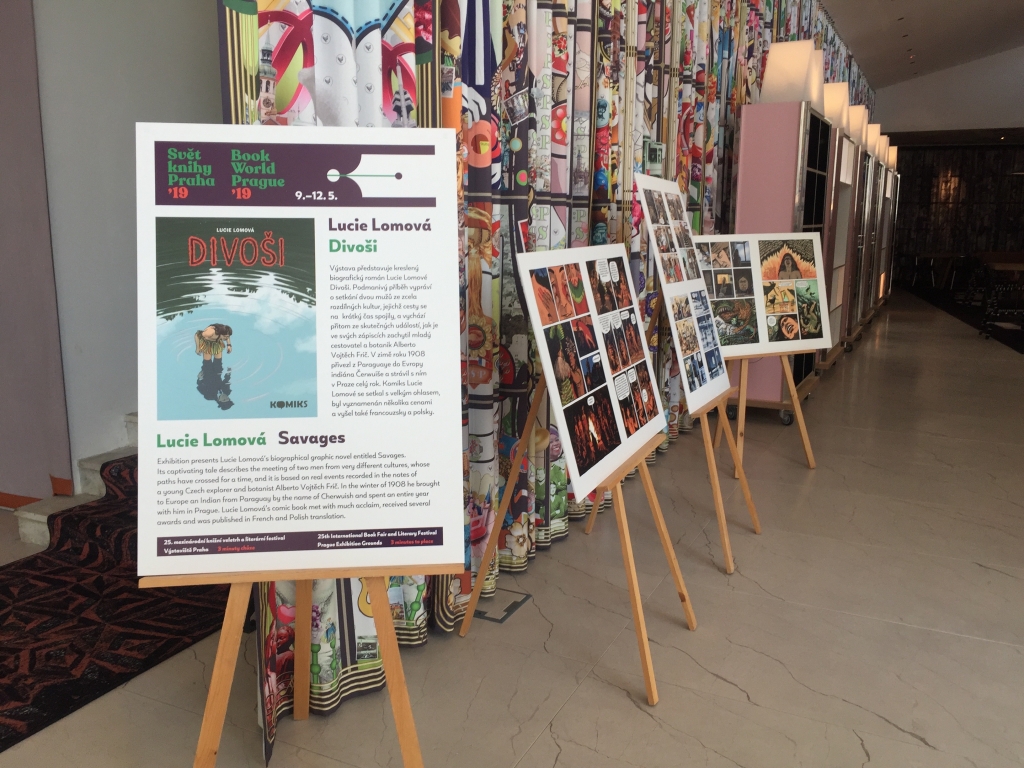
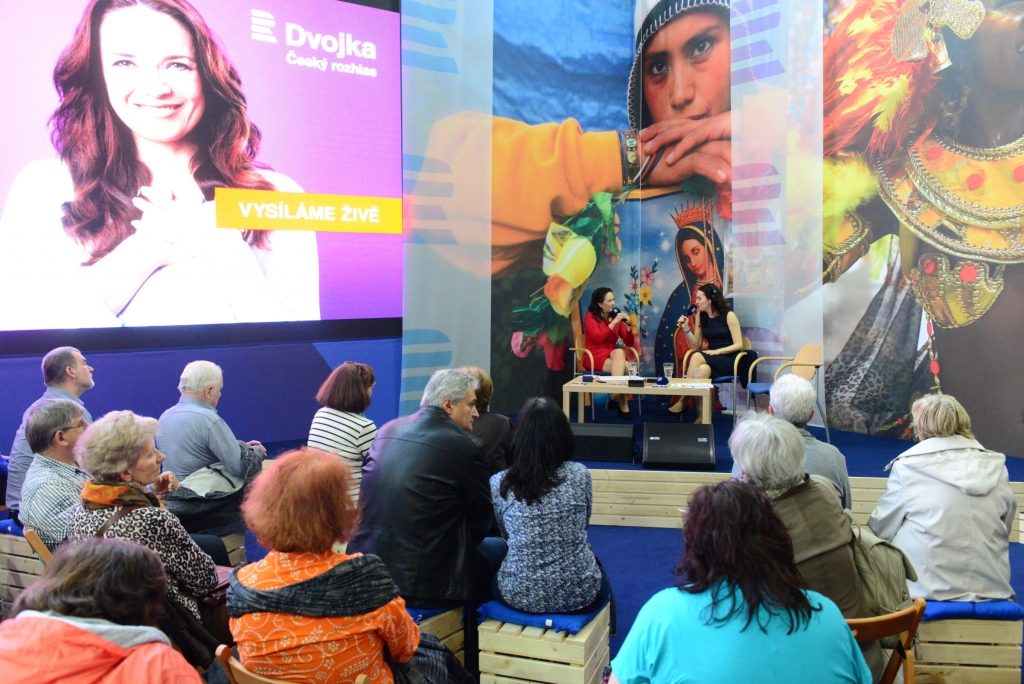
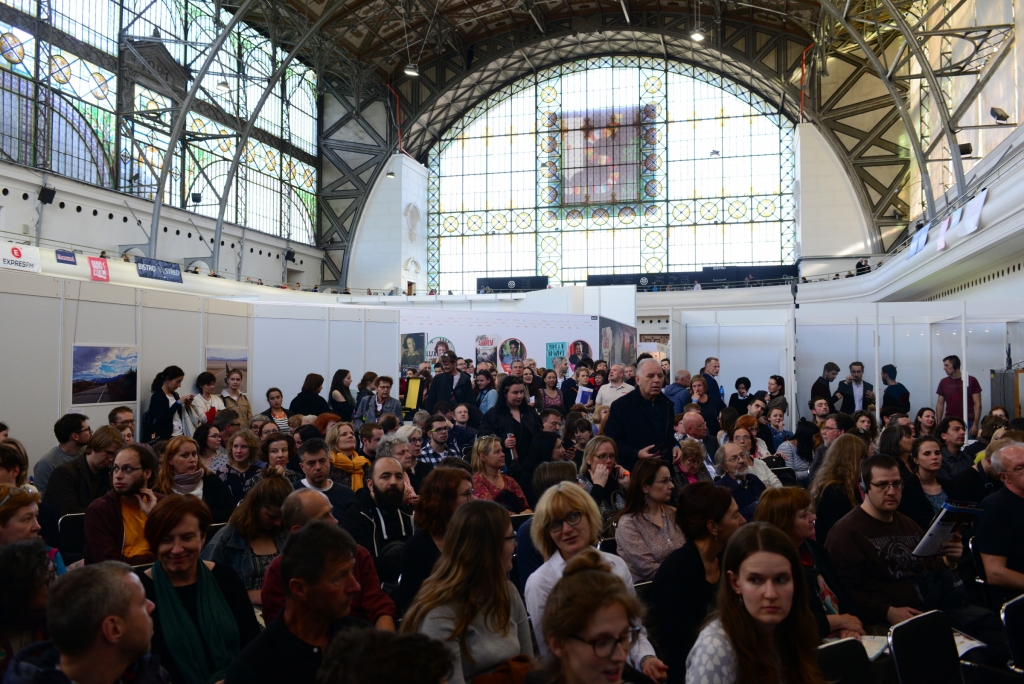
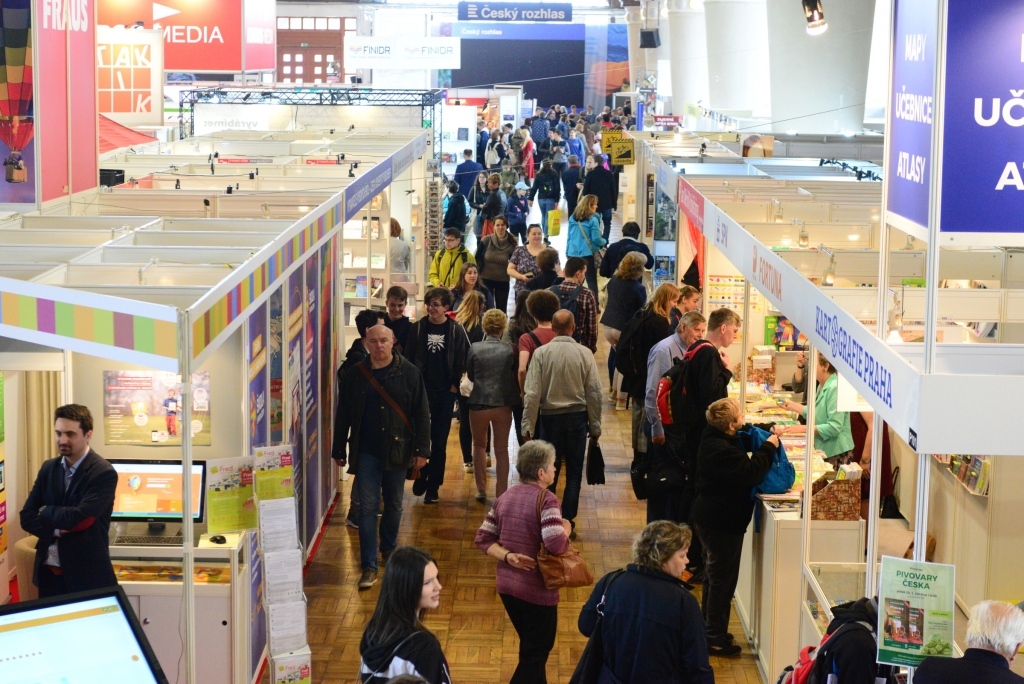
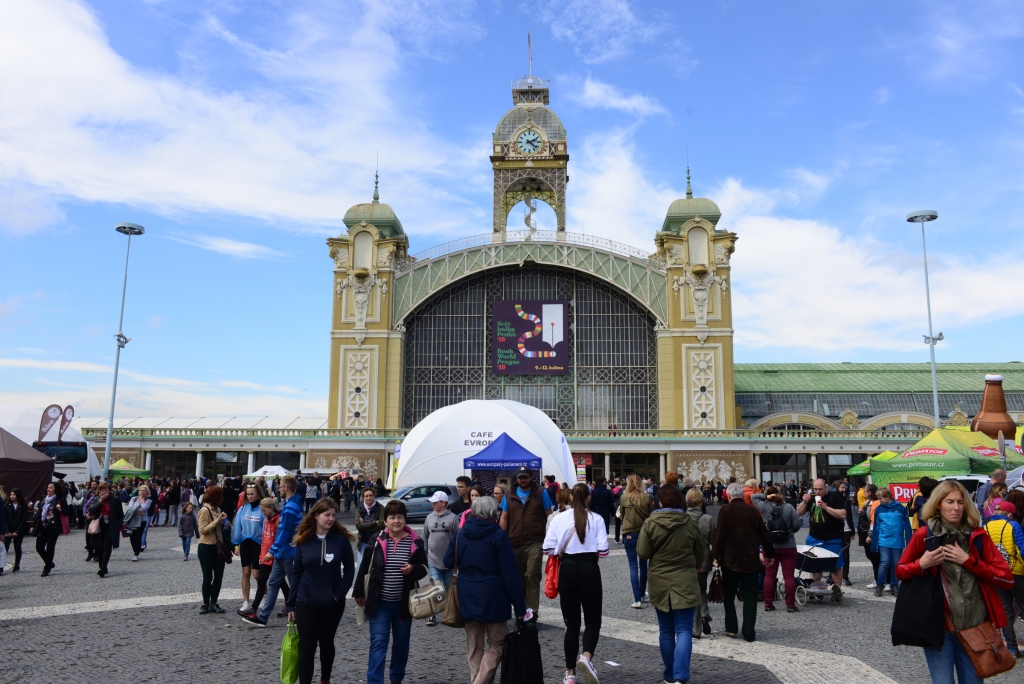
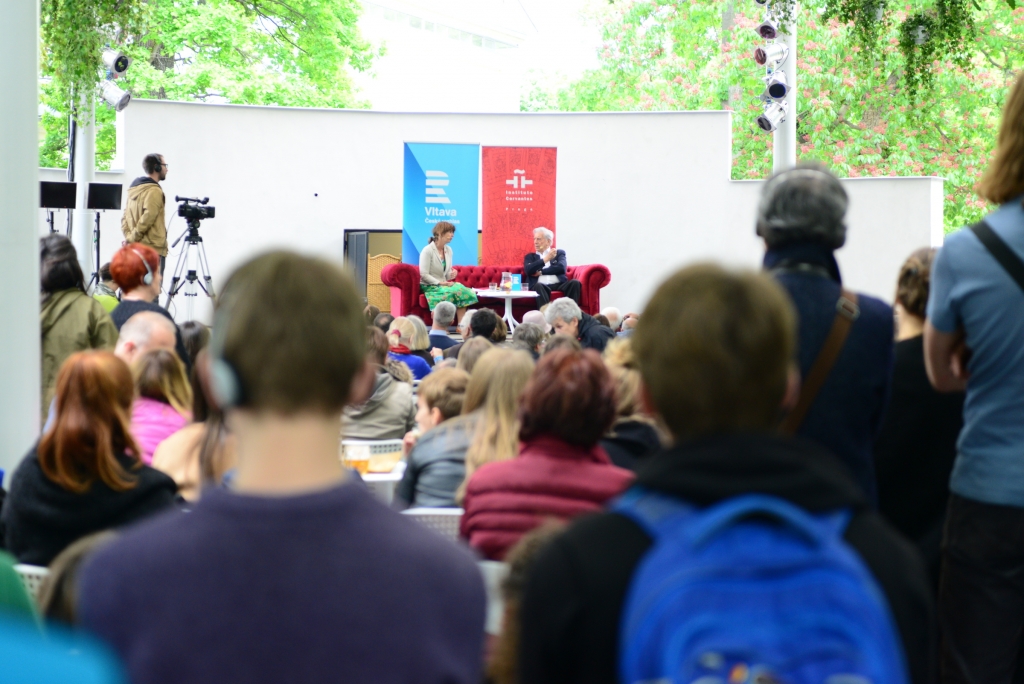
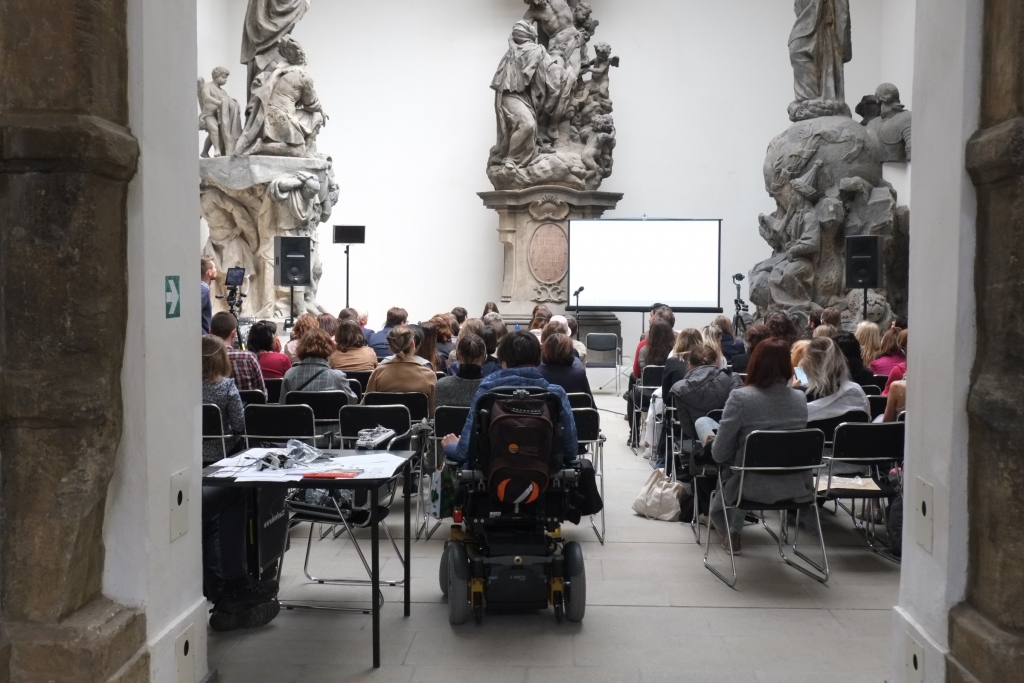
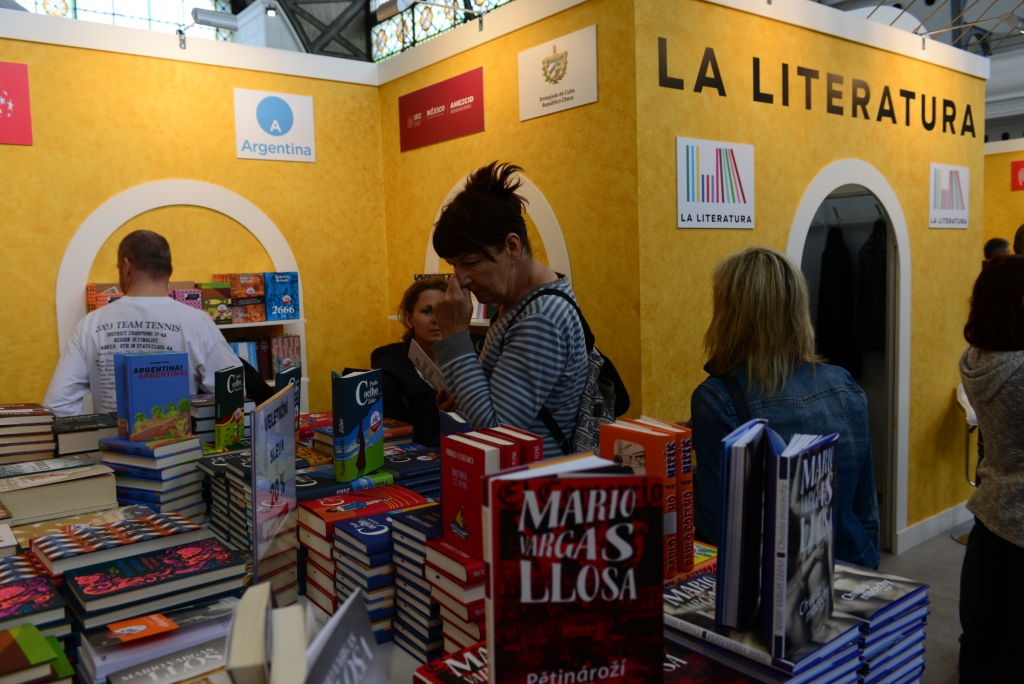
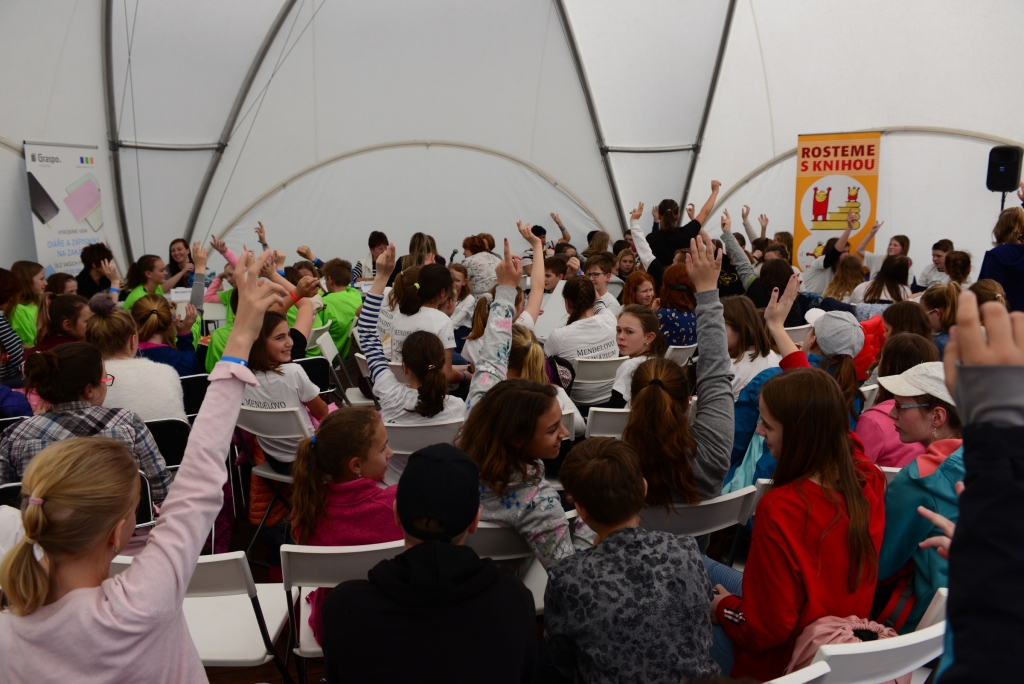


 share
share
 tweet this
tweet this
 +1
+1
